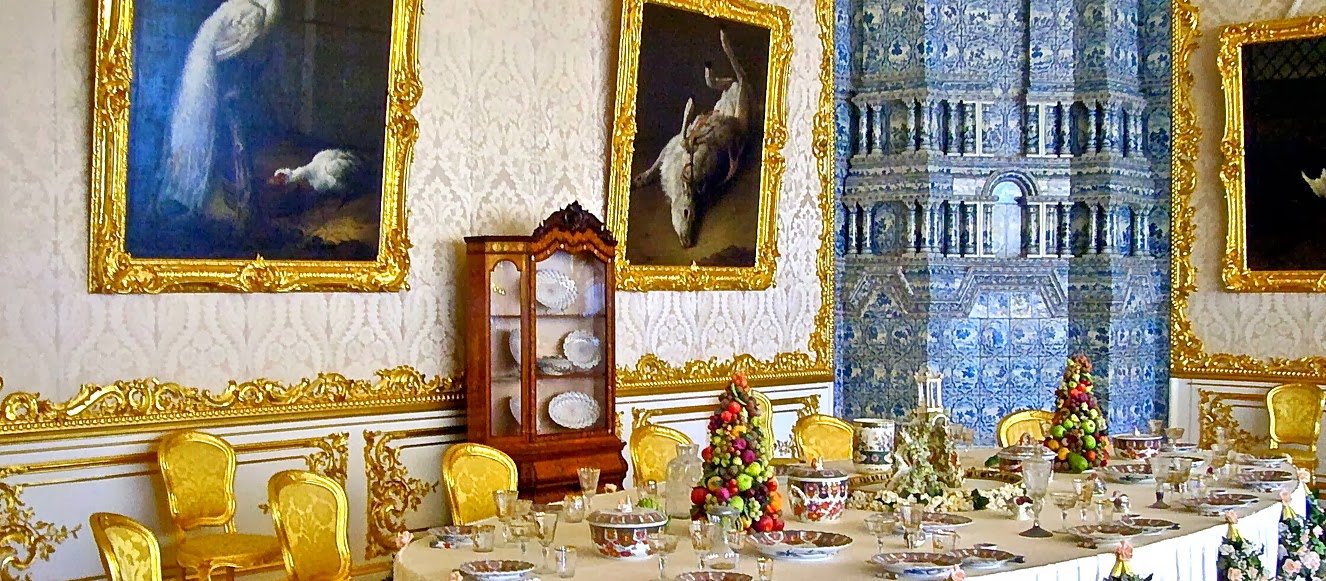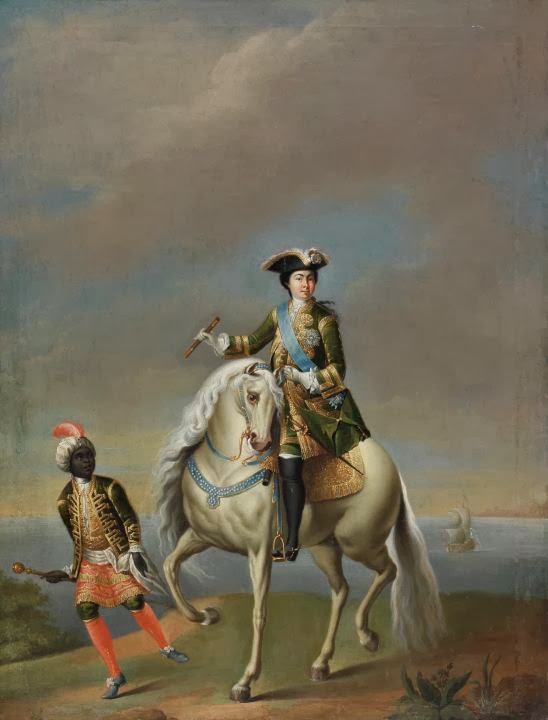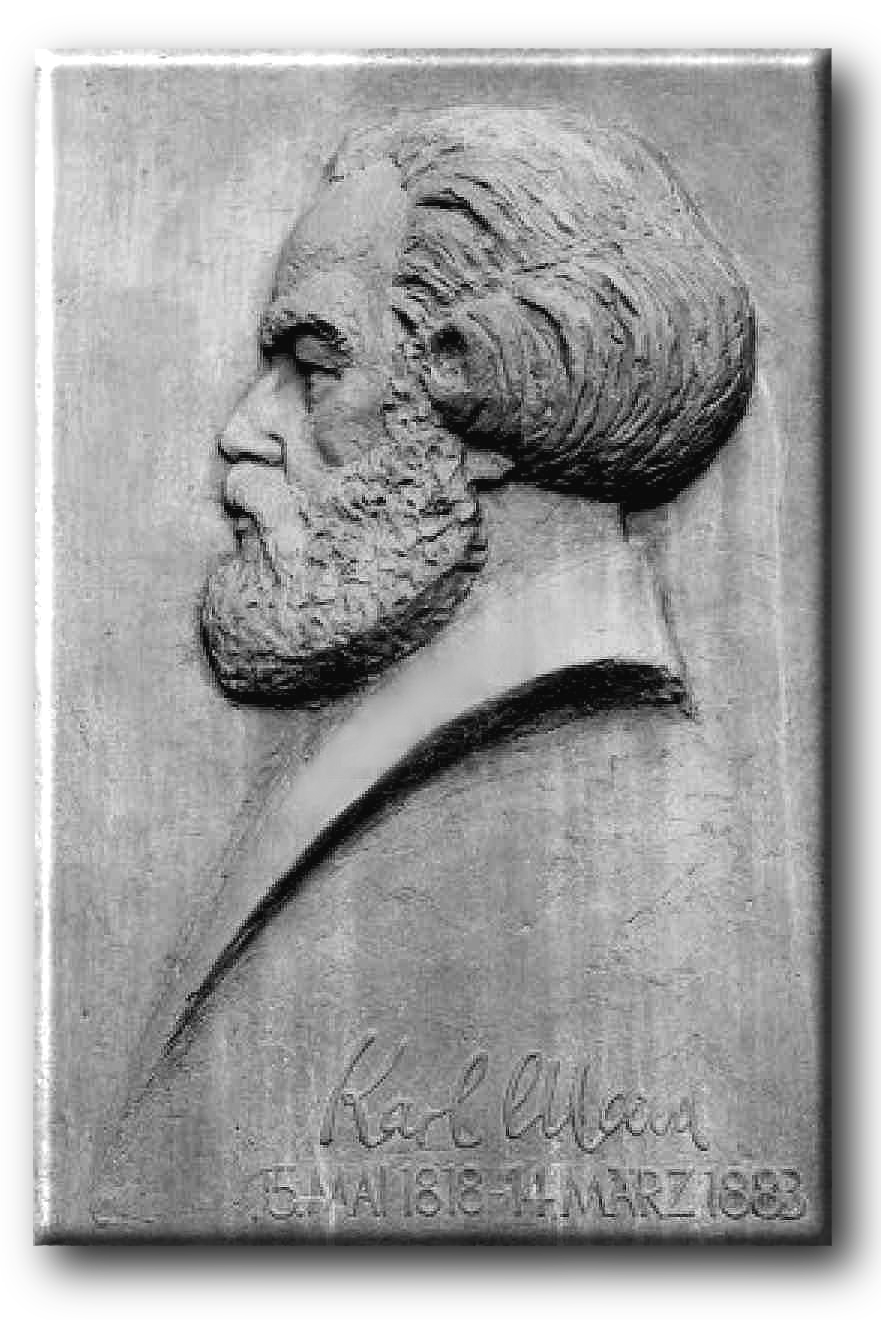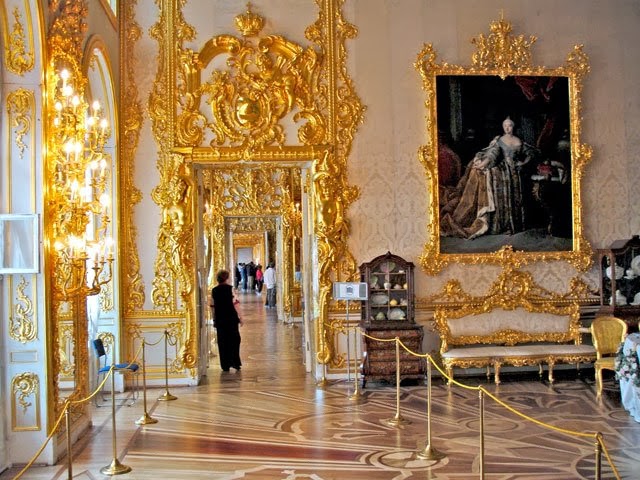They thereby laid the foundations of a distinctively Russian tradition of cultural and religious messianism which includes Dostoevskii’s political writings, the Pan-Slavist and Eurasian movements (see Dostoevskii, F.M.; Pan-Slavism and Eurasian movement), and the apocalyptic vision of Berdiaev, whose philosophy was highly popular among the Soviet underground.
Prof. Corrigan studies the intersections of literature, philosophy, religion, and psychology in nineteenth-, twentieth-, and twenty-first-century Russian, European, and American culture – with a focus on the Russian nineteenth century.




Thus, although Zenkovsky placed Kireyevsky only at the "threshold" of a mature, independent "Russian philosophy" (understood as a system), the former believed it possible to trace the first independent stirrings back to G. Skovoroda (1722-94), who, strictly speaking, was the first Russian philosopher.

Another multitasker of a philosopher, Saul Kripke is an American philosopher, currently emeritus professor at Princeton University, who has spread his wings across philosophy of language, logic, philosophy of mathematics, metaphysics, and epistemology.
List of notable or famous philosophers from Russia, with bios and photos, including the top philosophers born in Russia and even some popular philosophers who immigrated to Russia. If you’re trying to find out the names of famous Russian philosophers then this list is the perfect resource for you.
Vladimir Sergeyevich Solovyov: Vladimir Sergeyevich Solovyov, Russian philosopher and mystic who, reacting to European rationalist thought, attempted a synthesis of religious philosophy, science, and ethics in the context of a universal Christianity uniting the Orthodox and Roman Catholic churches under papal leadership. He was
“I looked around me, and my soul became wounded by the suffering of mankind” is the opening of Alexander Radishchev’s “Journey from St. Petersburg to Moscow” (1790), which laid the foundation of all subsequent Russian philosophy.
9. In the beginning of the 20th century, Russian thought, inspired by Dostoevsky, was the first to embrace existentialism as a coherent set of new philosophical ideas. Russian philosophy laid a foundation for the criticism of rationalism, objectification, and "essentialism" – the metaphysics of general laws which was indifferent to individuality.

Russian philosophy as a separate entity started its development in the 19th century, defined initially by the opposition of Westernizers, advocating Russia’s following the Western political and economical models, and Slavophiles, insisting on developing Russia as a unique civilization.
He was of the Silver Age, the late empire of the Romanov dynasty. His man was a Russian nobleman, his mother a German Protestant who had converted to Orthodoxy. As a student at Moscow between 1901 and 1906, Ilyin’s real subject was philosophy, which meant the ethical thought of Immanuel Kant (1724–1804).



